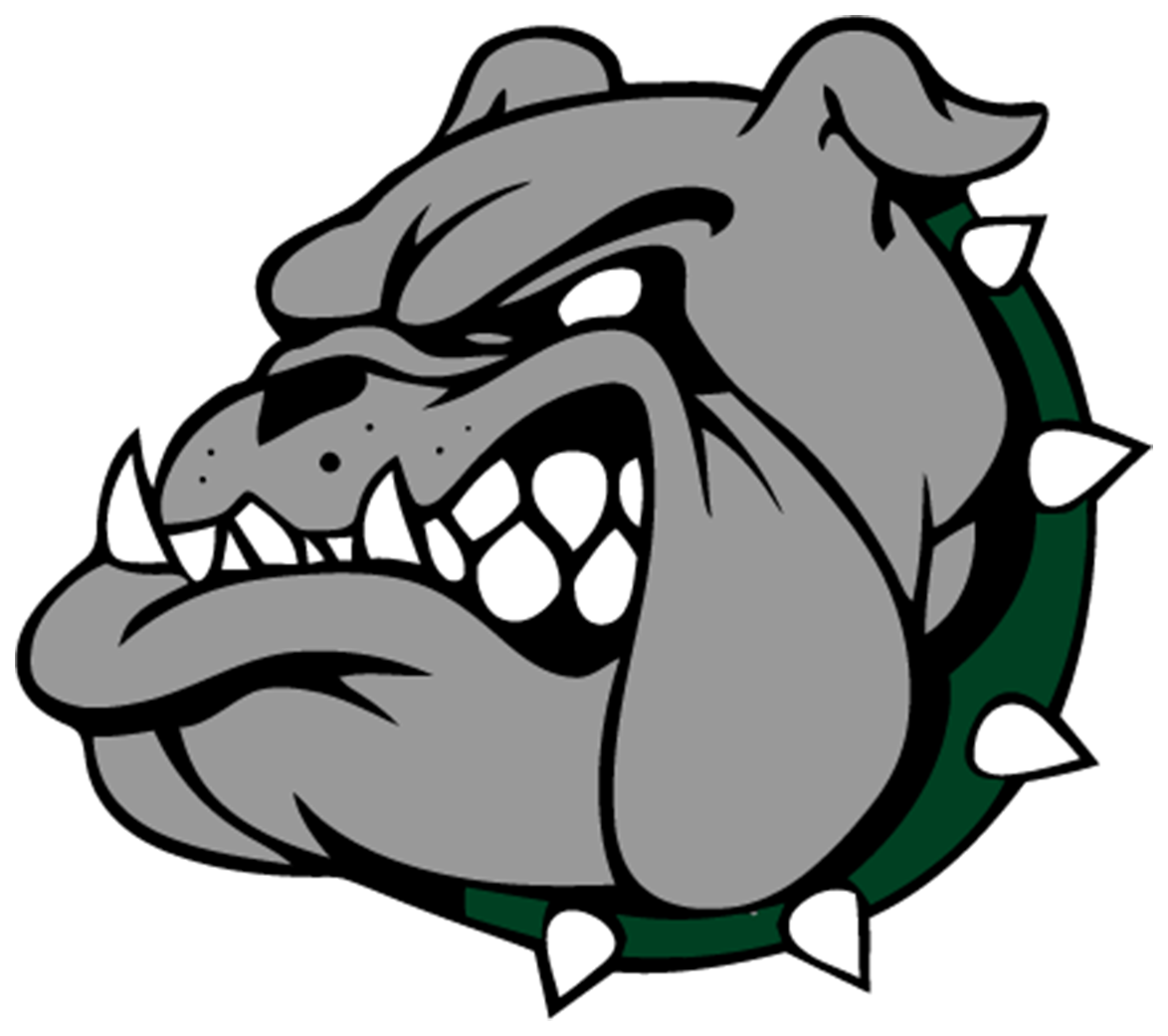ROTC Members Prepare for Promotion Testing by Trishala Joshi
From journalism to culinary to PCA, our school offers a lot of very unique electives. JROTC is one of these unique classes, due to its uniform or the marching. Another unique feature is promotion testing. In promotion testing there are two stages, the written test and the board. The written test is like any other classes’ test, consisting of questions based on what students have been learning throughout their time in JROTC. For example, they might have gotten questions about their uniform, such as how long their hair could be or what sort of nails they could have. The promotion test is something new though, Jacob Fulford said “Boards for ROTC are pretty easy, to be honest it’s just like a job interview; actually it’s easier than that. They ask you up to six questions and you answer them truthfully or to the best of your knowledge,” or as sophomore Noah Adamitis said “An opportunity to prove yourself in front of upperclassmen and give yourself the enthusiasm to self improve.”
The thing about ROTC promotion testing is that it wasn’t the teachers creating the tests or doing promotion boards, it was the student leaders. One of the things about JROTC is the program helps develop student’s leadership skills, and gives a lot of leadership opportunities to help run the program. One of them was getting to be one of the flight commanders, who were partly responsible for their class, taking attendance, taking note of the class’ misbehavior, and being part of the people who asked questions for promotion boards for their class. “One of my roles as flight commander is making sure my cadets are sharp and ready [for promotion boards]. Now it isn’t my responsibility for their ‘mistake’ of not even trying or studying because I can only tell them to, and it’s up to them to actually get it done. Now I am happy to tell an answer to something or show them how to do it if they come up with a question, but I can’t go over everything in detail again,” said sophomore Brady Smith, who was flight commander for 2nd period JROTC. He joined JROTC after meeting some cadets in middle school and planned on staying in the program, hoping to one day be in a high staff position.
Another flight commander was junior Sarah Goodrich, who joined because she liked the uniforms and thought the uniforms looked cool. She commanded 3rd period and she planned to make an effort to stay in the program. Both students tested their respective periods, which was a new experience for both of them. “[Testing students for boards] is different and new to me since I jumped straight into it. But it is definitely fun since my cadets have studied and practiced for the boards.” said Smith. Taking on a leadership position can be stressful, but it paid off in the end when the students were able to have a successful board. The board members also had the responsibility of grading the cadets, and while that didn’t go into FOCUS, it still determined whether they were promoted and with all the grades/experience of the students they all would need different levels of difficulty so the test is fair for all of them. Goodrich mentioned “One of the hardest parts of being part of the board is maybe finding the right question because in the end you do want them to promote, so learning how to tailor questions based on the difficulty level of each cadet.” The questions are important, but composure and confidence are also a big part of what was being tested, seeing if the students were able to maintain a professional attitude even under stressful situations.
Fulford said “The hard part for me personally is trying to stay calm and relaxed when answering because it’s something they look for while grading.” He joined after seeing the program when touring the school, and hoped to get a high rank in the program, which would mean having a successful promotion board. Promotion boards were stress-inducing for many, due to the fact that they have to speak and respond somewhat quickly to their questions. “It can get pretty overwhelming and scary but just try to stay calm, respectful, and fun, and you’ll probably pass,” said Fulford. In the end, cadets just have to remember “to stay clear minded, and to remember you’re there to show the potential you have that they look for in students,” said Adamitis.

